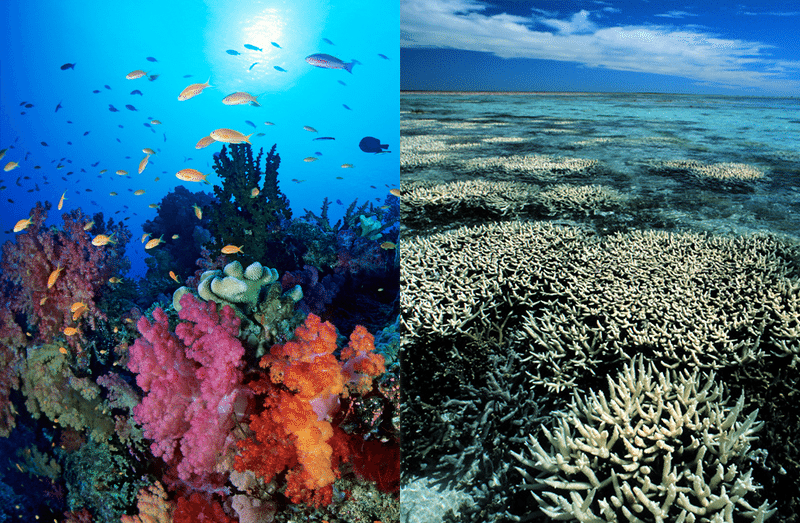Lake Maracaibo is a water body located in the west of Venezuela, specifically between the states of Zulia, Merida and Trujillo. With an area between 13,210 to 13,820 square meters, it is the biggest lake in South America and the 19th in the world. The Maracaibo Lake is one of the areas with the greatest oil wealth in the world with more than 15,000 wells drilled in its basin since 1914. In this area, the so-called Catatumbo lightning occurs, a phenomenon that generates 1,176,000 lightning bolts per year, generates up to about 10% of the planet’s atmospheric ozone.

The unplanned development of the West Region of Venezuela brought with it the massive exploitation of Lake Maracaibo irresponsibly to the point that today much of its extension is plagued by Lemna.
The Lemna or Duckweed, is an aquatic plant that grows in nitrogen-rich environments, an element that has been incorporated into Lake Maracaibo by the Served Water departments of the local hydrological company (Hidrolago) by pouring untreated sewage into the lake. An attempt has been made to link the appearance of Lemna to the waste of the industries located on the banks of the Lake, although the pollution caused by the excreta of more than 5 million people inhabiting its banks is the worst of their ills. Here’s a picture of how the Lake looks with the Lemna:
The innumerable spills in Lake Maracaibo due to mechanical damage caused by maintenance failures of the oil facilities have resulted in the lake not being used as a source of water supply, the decrease of its fauna and flora and the decrease of its potential as a source of recreation and recreation.
As a direct consequence of the deterioration, the Lemna has been present, which prevents the passage of sunlight and in turn the life cycle of the species that inhabit Lake Maracaibo, drastically modifying the ecosystem, ending the algae and plants located in the background, which are prevented from carrying out their process of photosynthesis due to lack of light. When Lemna dies, it results in toxic emissions that cause diseases of all kinds to the population that lives on the coast and travels nearby, especially to fishermen.
It has been determined that the problem is not the elimination of the Lemna but to eradicate the factors that cause it to appear, such as oil spills, mineral coal and all types of waste thrown into the lake by irresponsible people and companies.

